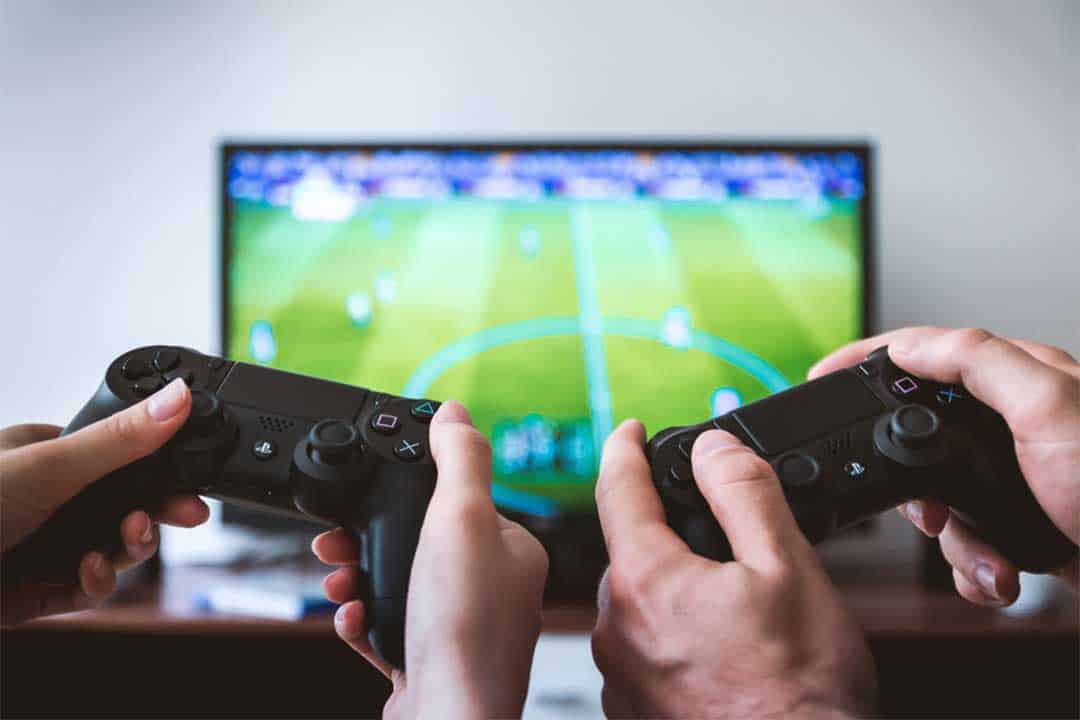How To Remedy A Damaged Attention Span
The internet used to be a luxury tool which we only switched on when we wanted to do something specific. Now, it is incredibly sophisticated and what we can use it for is potentially limitless. You may have noticed that these days, most of us have checked our emails or scrolled through Instagram before we have even had our morning coffee or brushed our teeth. You may have also noticed that reading books, listening to a whole album, or trying to learn a new skill that doesn’t involve a screen, has become harder to the point that you often lose interest or give up.

Screens have seriously diminished human attention spans to the point that we expect immediate gratification for performing tasks. When a book gets a bit boring, playing an instrument gets a bit tough, or we are simply experiencing uncomfortable thoughts, we switch to doing something mundane online rather than persevering with something challenging in the real world.
The internet was originally supposed to be used like a treat, yet the way we use screens nowadays is the equivalent of eating fast food three times a day.
Why Is It So Hard To Stop The Screen?
It’s very simple: Silicon Valley is engineering your phone, apps and social media to get you hooked. The internet (along with gaming and apps) is addictive. Some programmers call it “brain hacking” and the tech world would probably prefer you didn’t hear about it. The same reward pathways in the brain (the mesolimbic pathways) are involved in all addictions, releasing Dopamine. This feel-good hormone is part of the brain’s pleasure and reward circuits. Playing video games and going on social media turns on similar brain regions as those linked to cravings for drugs. Software has random rewards interwoven into their programs, which are at the root of the addiction.
Exaggerated Boredom
Boredom is an emotion experienced when we feel under-stimulated. We essentially are disinterested in our surroundings, and experience a certain sensation of “flatness”, often accompanied by agitation. We tend to react to the feeling of boredom by changing our situation and adding some new stimulation. The issue at present is that we have become accustomed to being over-stimulated and feel less satisfied by stimulation which doesn’t trigger the release of dopamine.
Retraining Our Brain
The good news is that we can retrain our brains and attention spans. Neuroplasticity is our brain’s genius ability to reorganize synaptic connections, which are what habits are – brain pathways which have been journeyed down again and again, until they become so familiar that the action happens on autopilot. The best way to retrain your attention span is by going back to old fashioned screen-less stimulation and continuing to do so until your expectation for feeling content normalises. You don’t need to cut out all technology, but at least experiment by trying a “no internet before 9am and after 6pm” rule for 1 week. The interesting thing is that – similar to how a recovering alcoholic must understand why they use alcohol excessively – you can start to observe exactly when and what triggers you to crave the screen time. Is it purely because you have become addicted to dopamine and life lacking it feels inadequate, or is there an area of your life which is genuinely deficient in something you need? Are you sufficiently challenging yourself, moving your body enough, and expressing yourself creatively?
A good way to tangibly measure your attention span’s improvement, is by reading a book each day and timing how long it takes you to read a certain number of pages. You’ll notice that in time (and with less screen usage) you will be able to read for longer without getting distracted, and your speed and information retention efficiency will also likely increase. Go on, give it a try!









